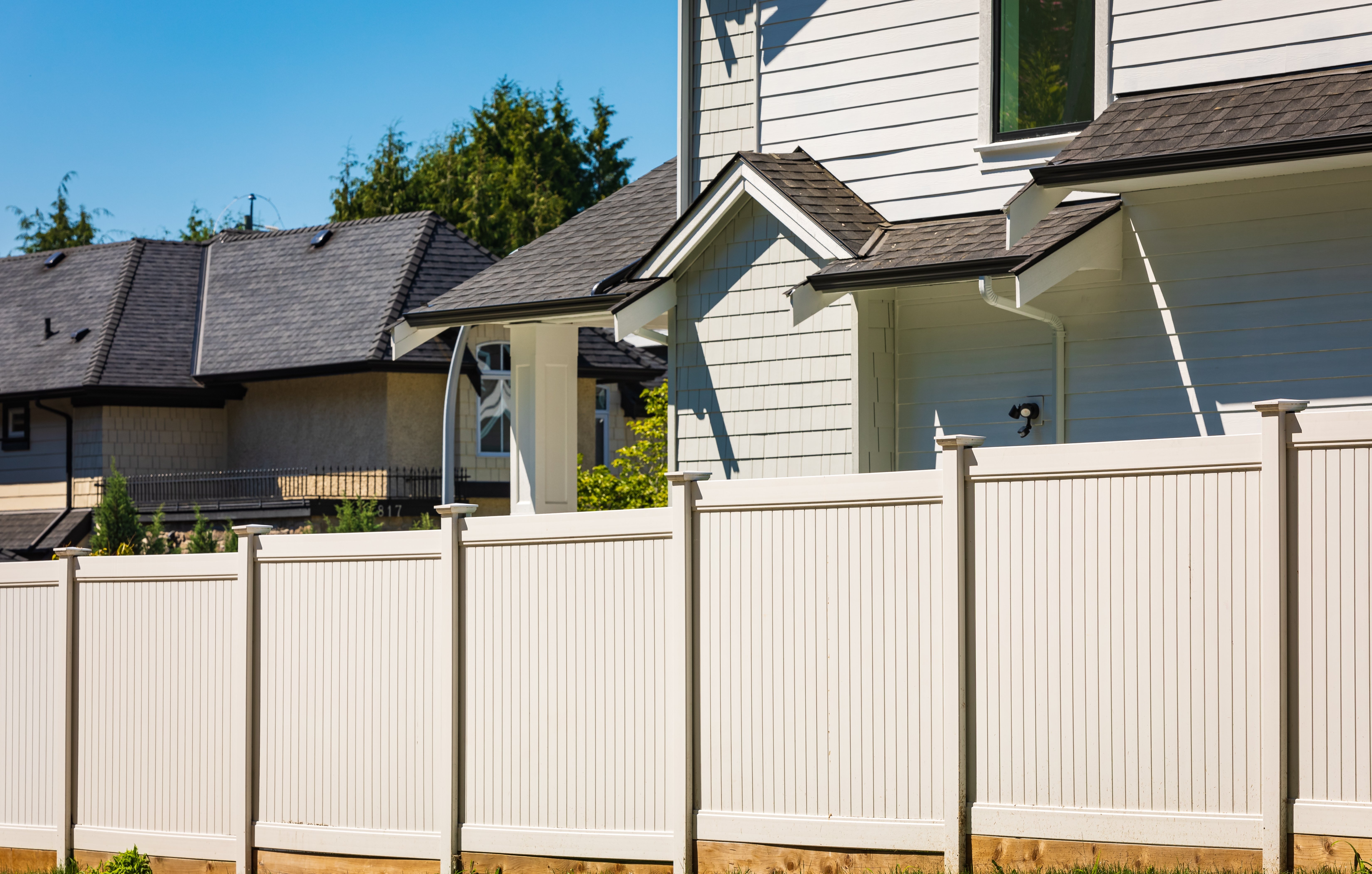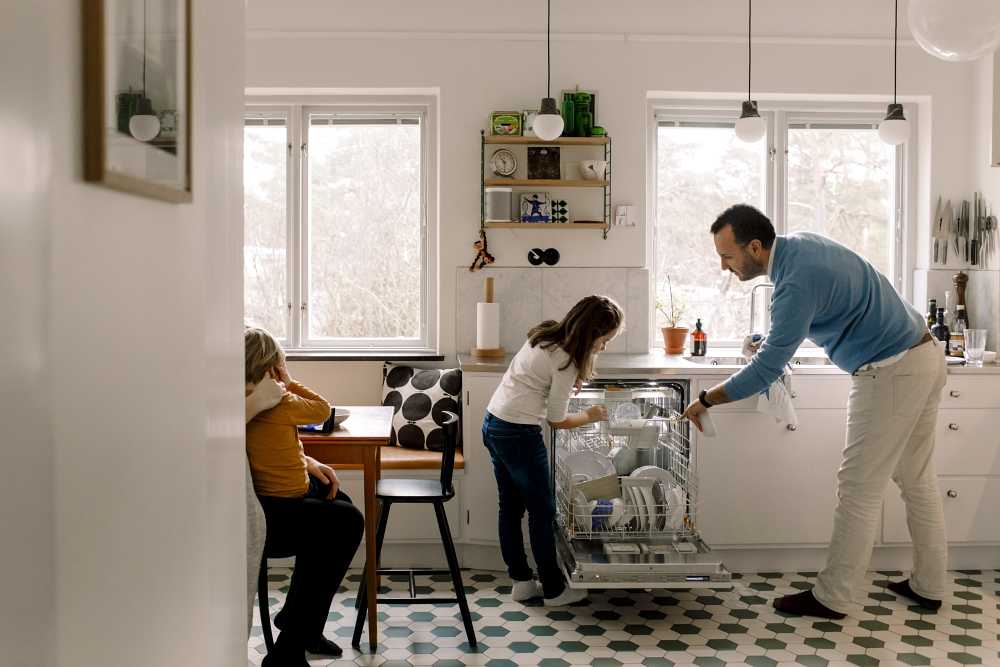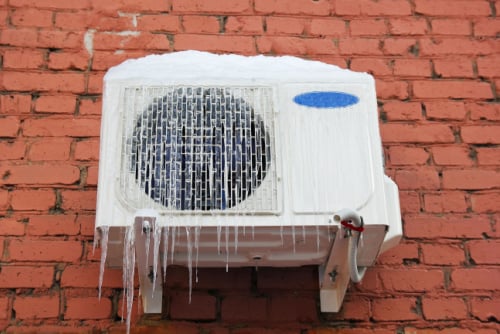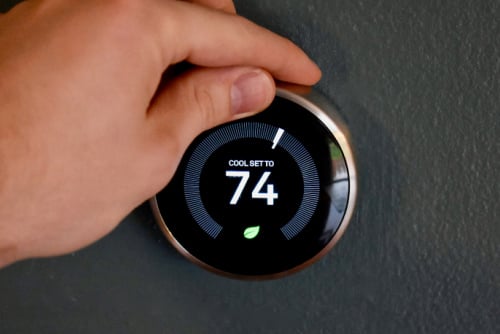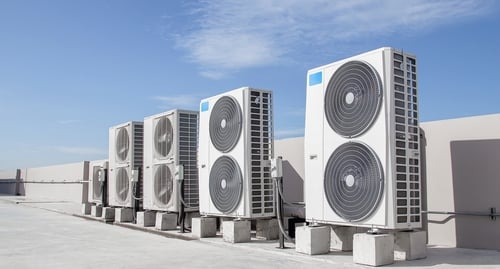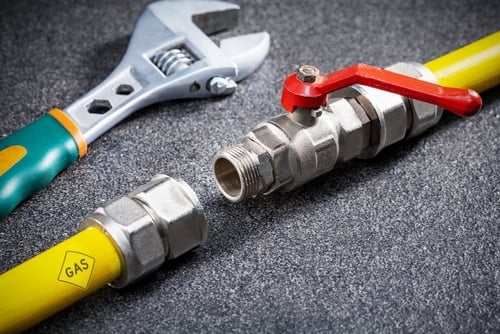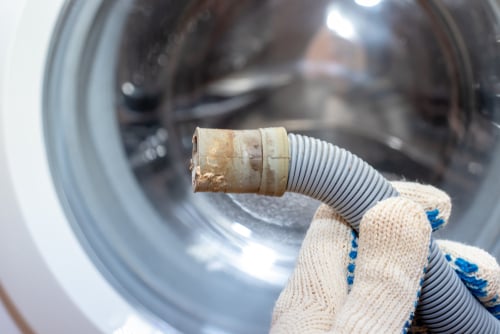Fencing is a popular choice for many homeowners looking to add an extra layer of security and privacy to their property. With so many options available, it can be tough to choose the right type of fencing for your lifestyle.
Reasons for a Privacy Fence
Privacy fencing is an excellent choice for those who want to keep prying eyes out. These fences are typically taller than other types of fencing, making them ideal for keeping nosy neighbors and passersby from seeing into your yard. Privacy fences can be made from a variety of materials, including wood, vinyl, and metal.
PROS
- In general, privacy fences offer seclusion by allowing you to relax in your yard without feeling like you're being watched.
- They come in a wide variety of styles and designs so you’ll be able to discover a type that matches your aesthetic preferences.
- Privacy fences can provide a sound barrier, making your yard a quieter, and more peaceful place to spend time.
CONS
- The most obvious concern relates to the expense of installation, which is especially true if you select high-quality and long-lasting materials.
- If you choose a style of privacy fencing that is inappropriate for your home’s outdoor layout, there is the potential to make your yard feel closed-off and somewhat claustrophobic. You’ll want to be extra careful to avoid this pitfall.
- Privacy fences are not allowed in certain neighborhoods due to zoning regulations and other local laws. Be sure to check with your township before proceeding with installation.
Vinyl Fencing
Vinyl fencing is a popular option for those who want a low-maintenance fence that looks great. Vinyl fences are made from synthetic materials that are resistant to rot, pests, and weather damage.
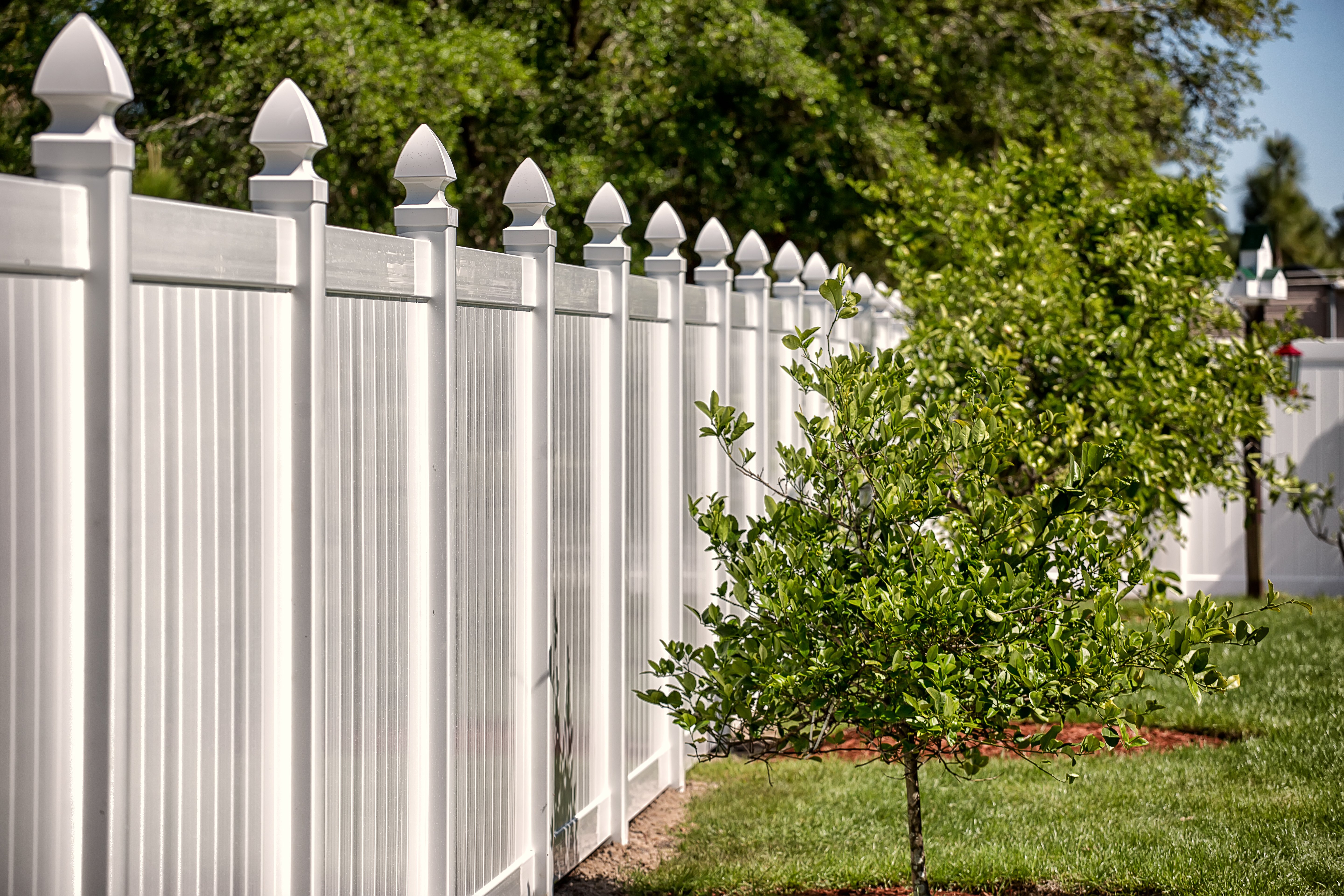
PROS
- Vinyl fences require very little maintenance, making them an excellent option for those with busy lifestyles.
- They come in a range of styles and colors allowing you to customize your fence to your particular taste.
- Vinyl fences are incredibly durable and can last for many years with proper care.
CONS
- Vinyl fences can be expensive to install, although they may save you money in the long run by reducing maintenance costs.
- Based on your personal taste, you may not find vinyl fencing as aesthetically pleasing as wood or metal fences.
- Vinyl fencing can be prone to cracking and fading over time, especially if they're exposed to extreme weather conditions.
Wood Fence Panels
Wood fence panels are a classic option for those who want to create that natural, rustic look. Wood fences can be made from various types of wood, including cedar, pine, and redwood.
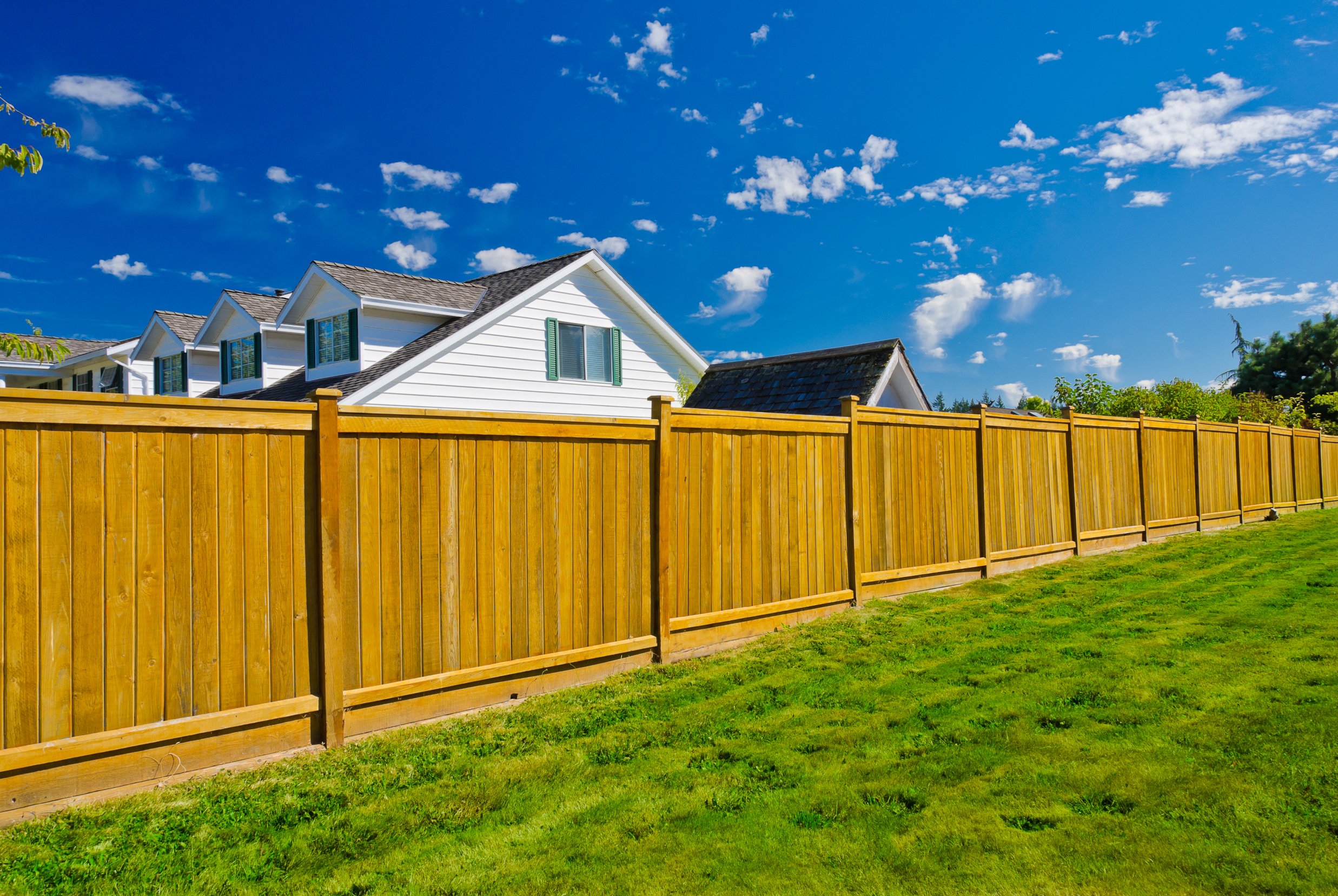
PROS
- Wood fences are aesthetically pleasing and can add a lot of charm to your yard. They are non-intrusive in the sense that they do not disrupt other aspects of your outdoor landscaping.
- Wood fencing is among the more affordable options. This is especially true if you opt for lower-cost wood types such as pine.
- Wood fences are relatively easy to install, especially if you select pre-made fence panels.
CONS
- Wood fences require regular maintenance, which includes staining and sealing to prevent rot and insect damage.
- In general, wood fences are not as durable as other types of fencing and may need to be replaced more frequently.
- Wood fences may not provide as much privacy as other types of fencing. This is especially true as they are often not very tall.
Garden Fencing
Looking for a garden fence idea? If you're looking for a fence to surround your garden, consider a picket fence. Picket fences are typically shorter than other types of fencing and provide a charming, classic look.
They're also relatively affordable and easy to install, making them an excellent option for those who want to create a garden enclosure without breaking the bank.

How much does a fence cost?
The cost of fencing can vary depending on the type of fencing you choose, the size of your yard, and other factors. Generally, privacy fencing is the most expensive, followed by vinyl fencing and, lastly, wood fencing.
The average price of a wood fence can vary greatly depending on the size of the fence, the type of wood used, and the region you're in. On average, a wood fence can cost anywhere from $1,500 to $4,500 for a 100-foot fence*. This price range can increase or decrease based on factors such as the height of the fence, and the complexity of the design.
It's essential to get multiple quotes from different fencing contractors to ensure that you're getting a fair price for your specific project selection.
The average price for vinyl fencing tends to be between $20 and $40 per foot. This means that a 100-foot fence can cost anywhere from $2,000 to $4,000**. While vinyl fencing is typically more expensive than wood for installation, you can save in the long term by reducing maintenance costs over time.
Reach Out to Frontdoor and Learn Ways to Save
At Frontdoor®, we know you love getting things done around the house. Staying in control of your to-do list is easier when you can keep the small things from turning into bigger—and more expensive—ones. We’re here to make it easier to prevent problems and provide helpful expert tips to solving them.
Download the Frontdoor app today and with just a few taps on your smartphone, an expert can assist you in finding a hassle-free solution.
*Source: https://lawnlove.com/blog/fence-cost/
**Source: https://www.lawnstarter.com/blog/cost/vinyl-fence-price/
Frontdoor assumes no responsibility, and specifically disclaims all liability, for your use of any and all information contained herein.
Was this article helpful?
